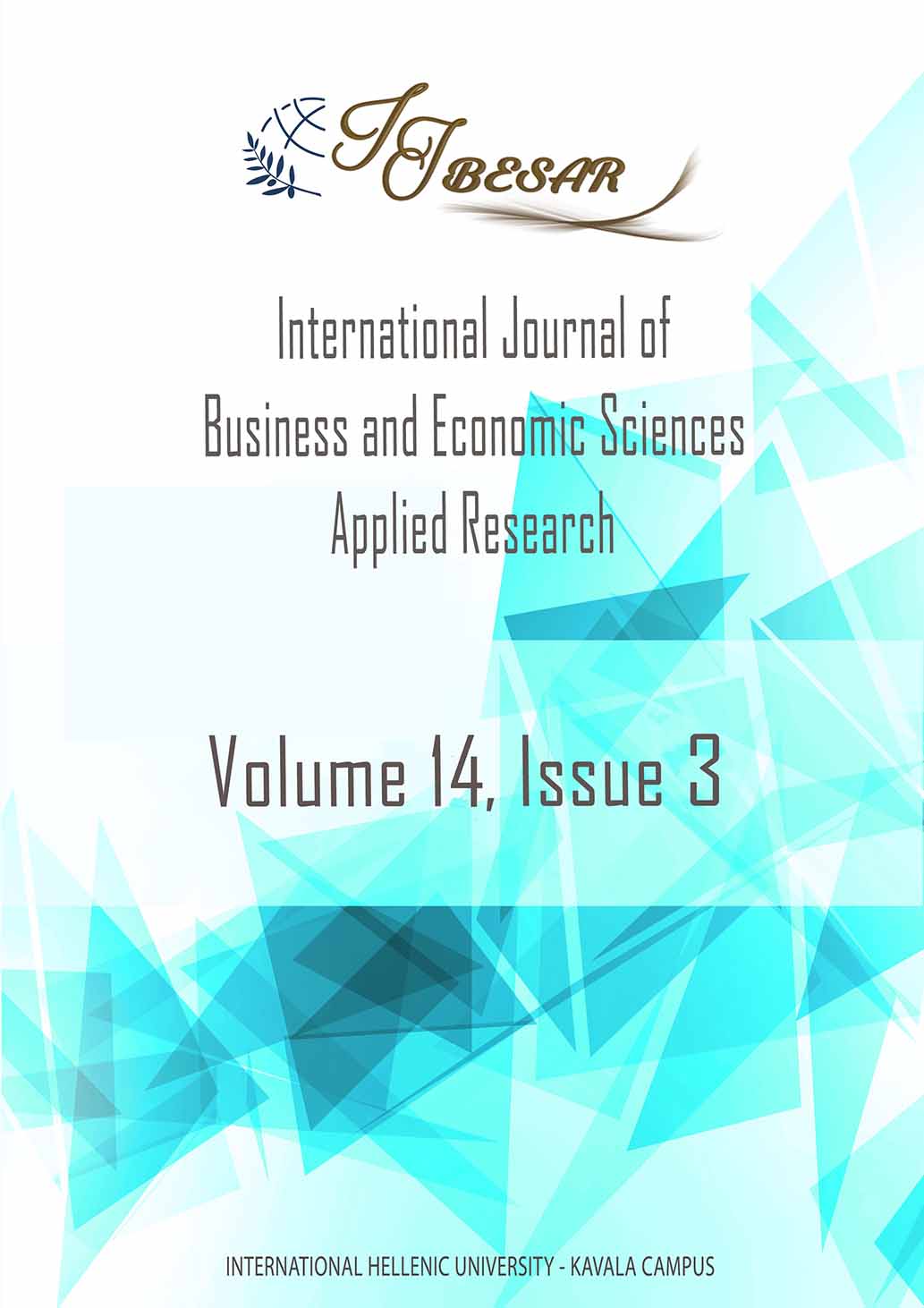Effects of Natural Resource exploitation on CEMAC Countries Development: The Human Capital Channel
Effects of Natural Resource exploitation on CEMAC Countries Development: The Human Capital Channel
Author(s): Salomon Leroy Ghamsi Deffo, Donal Ajoumessi Houmpe, Véronique Demgne Pouokam, Ledoux Njoupouognigni MoussaSubject(s): Economy, Energy and Environmental Studies, Human Resources in Economy, Socio-Economic Research
Published by: Τεχνολογικό Εκπαιδευτικό Ίδρυμα Ανατολικής Μακεδονίας και Θράκης
Keywords: Natural Rent, Economic Development; Human Capital and Panel data;
Summary/Abstract: Purpose: The aim of this study is to determine the effect of the exploitation of natural resources on the development of CEMAC countries and to examine human capital as a transmission channel.Design/methodology/approach: In order to achieve our goal, we formulate a panel of 6 CEMAC countries over the period 2002-2018. This period of study is justified by the surge in the prices of natural resources in the market and also a fall of the prices of basic resources following two large exogenous shocks (subprime crisis and 2015 oil crisis). The estimation method use is the fixe effect, two stage least square and the Maximum likelihood with limited information. Findings: Of the estimation by the fixed-effect method show that natural resources abundance measured by: total rent, oil rent and forest rent has a negative effect on economic development. Likewise, human capital contributes to the transmission of these effects. The minimum education rate beyond which natural resources no longer have a negative effect on economic development, measured by the logarithm of GDP, is approximately 0.52, 0.51 and 0.48 respectively when we consider the total rent, the oil rent and the forest rent. This result is confirmed with the adoption of Maximum likelihood with limited information and the Two Stage Least Squared. Research limitations/implications: This study is limited in time and space. Moreover, the failure to take into account certain human capital or development variables. Originality/value: In the literature on the natural resources curse, the analysis of transmission channels in developing countries remains largely unexplored. The human capital component studied in this article is one of the first in the case of CEMAC countries. Also, we studied the effect of many resources, both renewable and non-renewable.
Journal: International Journal of Business and Economic Sciences Applied Research (IJBESAR)
- Issue Year: 14/2021
- Issue No: 3
- Page Range: 60-71
- Page Count: 12
- Language: English

